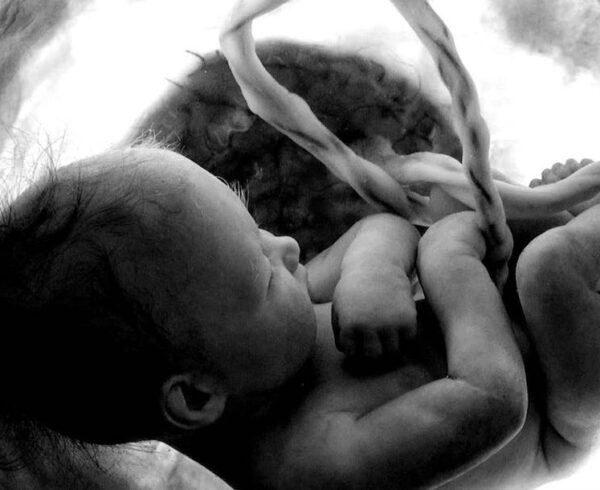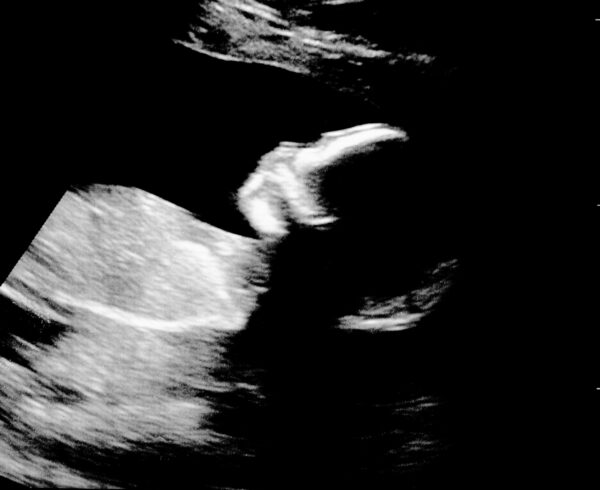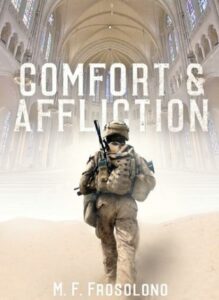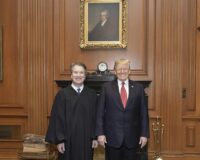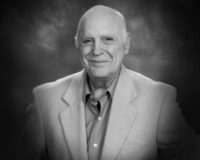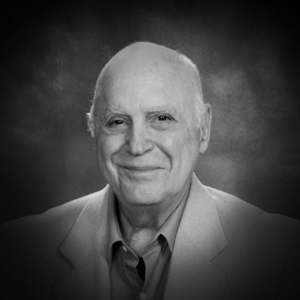Albert Einstein and other modern physicists tell us that the past, present, and future all exist simultaneously, a scientific theory that deserves a separate future post. Nevertheless, people whose heritage and traditions arise from Western civilization and Judeo-Christianity perceive time as a phenomenon that constantly propels us into the future. The sense of time flowing in one direction, from past to future, corresponds to how most of us experience the world: Beginnings come first, endings occur afterwards. We start our lives as newborn babies and, in the normally desired course of events, we die as old people. An object thrown upwards falls back to the ground, not the reverse. That is, we do not arrive old and leave young; objects do not first fall to earth and then rise up.
Going Forward
The forward impulse of time corresponds to Holy Scripture. The first verse of Genesis declares, In the beginning when God created the heavens and the earth . . . The Book of Revelation prophesies the triumphant end of time through the full establishment of God’s Kingdom with Jesus Christ as God’s vicar on earth. Christ’s proclamation at the conclusion of Revelation imparts two aspects of time, forward movement and completion: I am the Alpha and the Omega, the first and the last, the beginning and the end.
We have no choice other than to go forward into the future. We cannot return to the past, no matter how wonderful it may have been or how gloriously we misperceive it. Genesis also speaks to this point. God expelled Adam and Eve from the Garden of Eden, and prohibited their return to that idyllic place: Then the Lord God said, ‘See, the man has become like one of us, knowing good and evil; and now, he might reach out his hand and take also from the tree of life, and eat, and live forever’—therefore the Lord God sent him forth from the garden of Eden, to till the ground from which he was taken. He drove out the man; and at the east of the garden of Eden he placed the cherubim, and a sword flaming and turning to guard the way to the tree of life.
The past exerts a powerful hold upon us but should not dominate our futures. Yes, we learn from history—otherwise we repeat the mistakes of the past. Holy Scripture and the Community of Believers teach us what in the past must be retained and what must be discarded so that we embark on the proper direction into our future.
Serving Our Brothers and Sisters
The following story illustrates how the Community of Believers functions to direct our future. I heard the story as a youth at the First Presbyterian Church in LaGrange, GA, which leads me to suspect the minister in the story was Peter Marshall, the subject of the book and movie, A Man Called Peter. If anyone knows the true origin of the story, please tell me.
The action took place in Washington, DC, when most public buildings and many homes relied upon coal-fired furnaces for heat. Ashes and rough clinkers accumulated from burning the coal. During ice and snowstorms, vehicles experienced great difficulty keeping their traction on the major thoroughfare that led up a hill in front of the church. The minister and his staff would stand by the road and shovel ashes and clinkers under the spinning wheels of vehicles trying to get up the hill in bad weather. The minister enjoyed being outside in the rough weather.
For a number of months, a high-ranking government official attended Sunday worship at the church with his family. Despite the minister’s efforts, the official did not become a member. A severe snowstorm began on a Friday afternoon at the afternoon rush hour. The official’s chauffeur-driven car lost traction on the hill, and the minister came to the rescue with the burned residue from the coal. That Sunday, the minister preached what he thought was an outstanding sermon. The official and his family sat in a front row pew.
The official presented himself at the minister’s office on Monday morning and expressed his desire to join the church by profession of faith on the next Sunday. The minister asked, “After all this time, what persuaded you to join the church? Was it my sermon yesterday?”
“No,” the official replied. “Your throwing the ashes under the car wheels Friday afternoon convinced me. I want to be associated with people who enjoy serving the community, who help each other even in difficult times.”
Embracing the Future
Like the example of the minister, the principles we learn within the Community of Believers and apply to the world give traction and direction to our lives. May we embrace the future with hope and without the restrictive binding of past prejudices and false concepts. Let us keep Christ’s words in our hearts: See, I am making all things new.
A Hopeful New Year to all!

